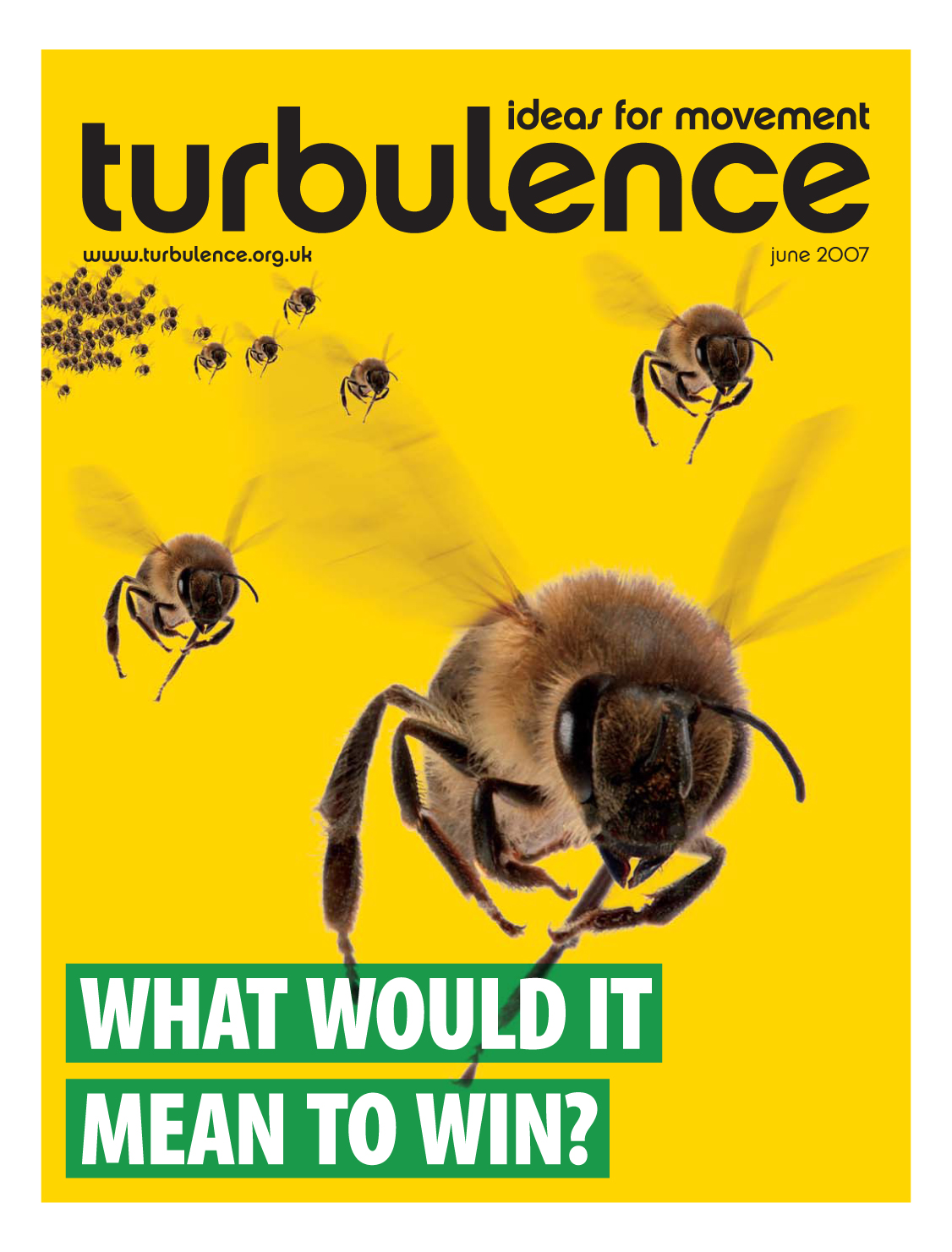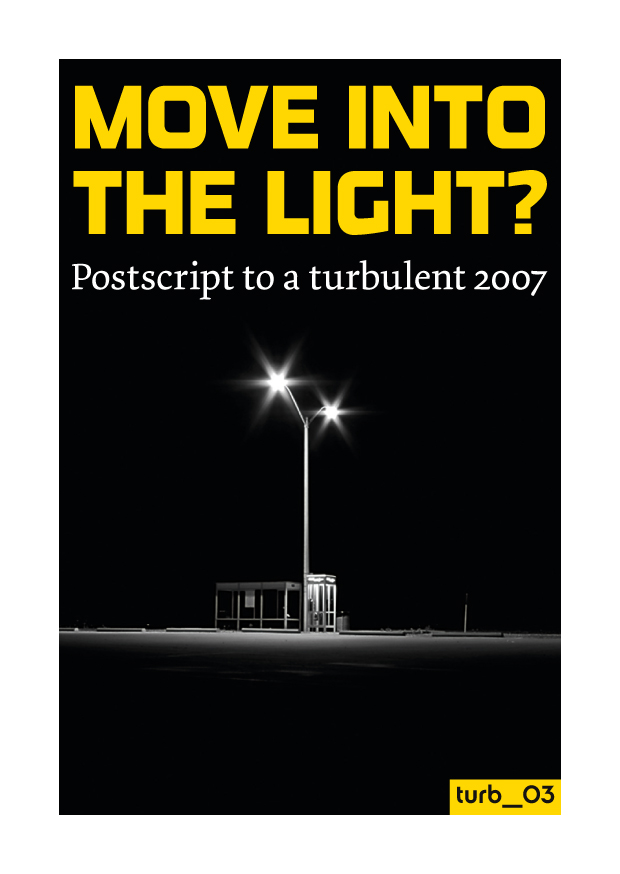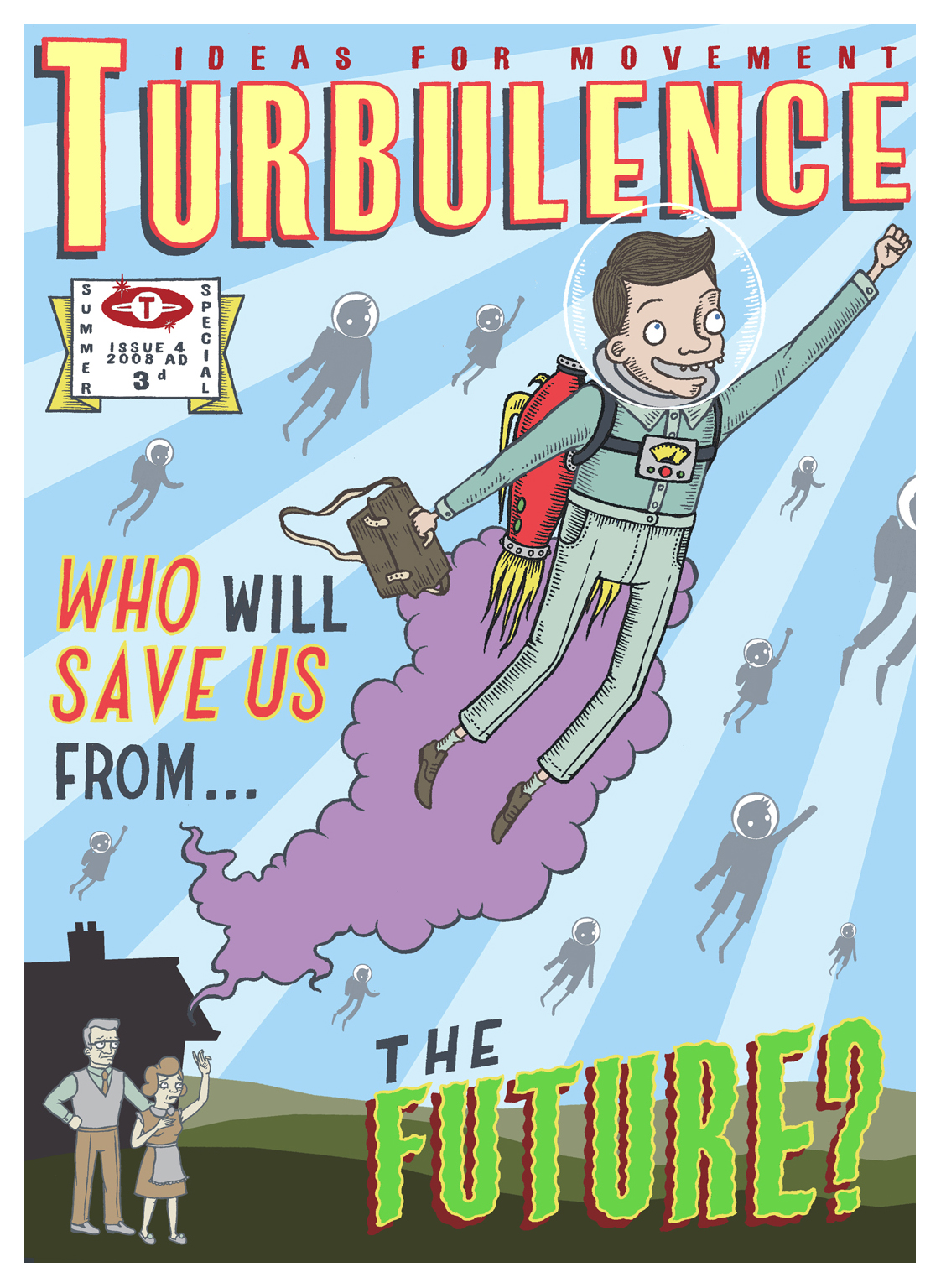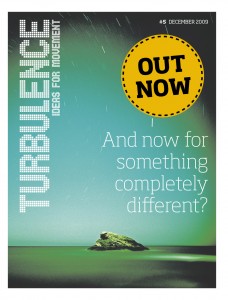Christian Nold: Mobile Vulgus (2001)
Filed under book | Tags: · activism, protest, tactical media

This book emerged out of one year of research and interviews with riot police, non-lethal weapon designers as well as activists and sociologists over the period of one year.
How can we come to new conceptual understandings of the behaviour of all the protagonists involved in political demonstrations?
How do people group together? And what are the methods of containment used in order to regulate the ‘vulgar mob’? These are just two of the questions elicited by Christian Nold in Mobile Vulgus . Looking at the tactics used by state forces, in particular, non-lethal weapons and associated training regimes, he traces the move toward total policing.
Positioning itself within the counter-tendencies the book then develops its own methodologies of action. Once aligned under a common desire this project reveals the potential force a crowd of people hold when they act as a cohesive whole. At once a textual treatise, a visual manual and an audio tool, Mobile Vulgus has developed out of in-depth research, alongside test situations in Bristol and London.
Editor Craig Martin
Publisher Book Works, 2001
Warm Seas series
ISBN 1870699564, 9781870699563
128 pages
PDF (PDF parts, updated on 2014-8-29)
Comment (0)Turbulence journal 1-5 (2007-2009)
Filed under journal | Tags: · activism, capitalism, climate crisis, neoliberalism, networks, politics
Turbulence is a journal/newspaper that we hope will become an ongoing space in which to think through, debate and articulate the political, social, economic and cultural theories of our movements, as well as the networks of diverse practices and alternatives that surround them.

What would it mean to win?
Turbulence 1, 2007
The Turbulence collective produced 7,000 copies of a free 32-page newspaper distributed at the camps, blockades and alternative summits that made up the mobilisation against the G8 summit in Heiligendamm in June 2007. The theme of the 14 articles from individuals and groups from across the world tackled the difficult question of ‘What would it mean to win?’.
PDF (original tabloid format, 289 x 380mm)
PDF (journal format, 152 x 229mm)

Move into the light?
Turbulence 3, December 2007
6,000 copies were printed in English, with a further 4,000 in German.
PDF (A6 booklet)
PDF (German version)

Who can save us from the future?
Turbulence 4, Summer 2008
Today, the very act of thinking about the future has become a problem. What both capitalism and ‘really existing socialism’ had in common was the belief in a future where infinite happiness would spring from the infinite expansion of production: sacrifices made in the present could always be justified in terms of a brighter future. And now? The socialist future has been dead since the fall of the Berlin wall. After that we seemed to live in a world where only the capitalist future existed (even when it was under attack). But now this future, too, is having its obituaries composed, and impending doom is the talk of the town. The ‘crisis of the future’ – that is, of our capacity to think about the future – is born out of these twin deaths: today it is easier to imagine the end of the world than the end of capitalism.

And Now for Something Completely Different?
Turbulence 5, December 2009
Until recently, anyone who suggested nationalising the banks would have been derided as a ‘quack’ and a ‘crank’, as lacking the most basic understanding of the functioning of a ‘complex, globalised world’. The grip of ‘orthodoxy’ disqualified the idea, and many more, without the need even to offer a counter-argument.
And yet, in this time of intersecting crises, when it seems like everything could, and should, have changed, it paradoxically feels as though very little has. Individuals and companies have hunkered down to try and ride out the crisis. Nationalisations and government spending have been used to prevent change, not initiate it. Anger and protest have erupted around different aspects of the crises, but no common or consistent reaction has seemed able to cohere. We appear unable to move on.
For many years, social movements could meet and recognise one another on the common ground of rejecting neoliberalism, society’s old middle ground – those discources and practices that defined the centre of the political field. The crisis of the middle has meant a crumbling of the common.
And what now? Will neoliberalism continue to stumble on without direction, zombie-like? Or, is it time for something completely different?
Comment (0)Michael Hardt, Antonio Negri: Commonwealth (2009) [English/German]
Filed under book | Tags: · activism, commons, globalisation, governance, politics, revolution

When Empire appeared in 2000, it defined the political and economic challenges of the era of globalization and, thrillingly, found in them possibilities for new and more democratic forms of social organization. Now, with Commonwealth, Michael Hardt and Antonio Negri conclude the trilogy begun with Empire and continued in Multitude, proposing an ethics of freedom for living in our common world and articulating a possible constitution for our common wealth.
Drawing on scenarios from around the globe and elucidating the themes that unite them, Hardt and Negri focus on the logic of institutions and the models of governance adequate to our understanding of a global commonwealth. They argue for the idea of the “common” to replace the opposition of private and public and the politics predicated on that opposition. Ultimately, they articulate the theoretical bases for what they call “governing the revolution.”
Though this book functions as an extension and a completion of a sustained line of Hardt and Negri’s thought, it also stands alone and is entirely accessible to readers who are not familiar with the previous works. It is certain to appeal to, challenge, and enrich the thinking of anyone interested in questions of politics and globalization.
Publisher Harvard University Press, 2009
ISBN 0674035119, 9780674035119
330 pages
PDF [English] (updated on 2012-7-27)
PDF [German] (added on 2012-7-27)

